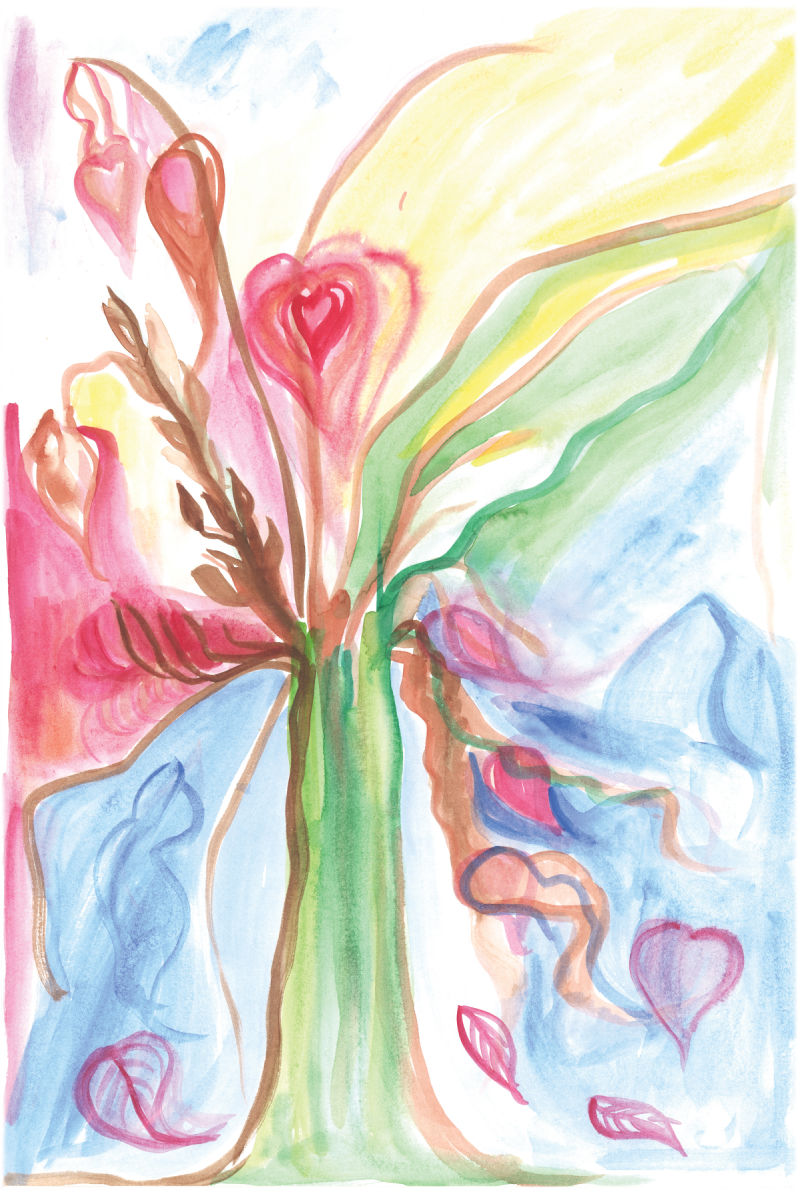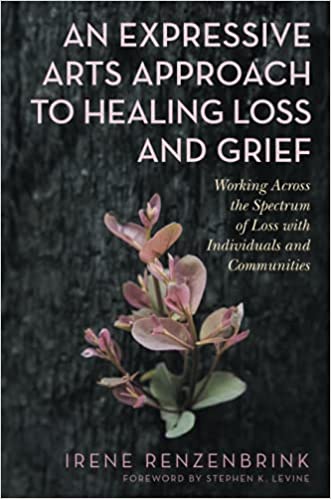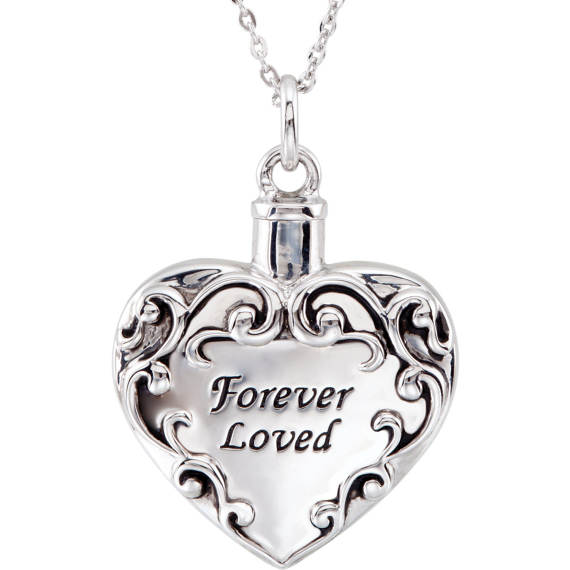Grieving over the Loss of my 95 Year Old Mother - A Sudoku Led Recovery
By Irene Renzenbrink
Who would have thought that Sudoku would be a way of coping with my mother’s death? I had always avoided Sudoku, thinking that it was one of those games for people who played bridge, or had a great capacity for logical thinking. My mother was a skilled card player and very good with numbers but I had never really shown the same aptitude nor patience. In the months before she died my mother developed an interest in Sudoku and I was about to send her a care package that included a book of Sudoku puzzles when I received the news of her death. I was preparing to fly to Australia from Canada when my daughter phoned me to break the news.
Death Always Comes as a Shock
Although my mother was 95 and had suffered three heart attacks in as many years, I thought that she would live forever! She was mentally as sharp as a tack and for as long as I can remember, a friend and confidante as well as a mother. She was a wise, thoughtful and careful listener.
I Wanted To Take You Shopping
I wanted to take you shopping
For one last special treat,
a piece of apple strudel,
Perhaps a strawberry tart.
A cappuccino for you,
A latte for me.
I wanted to take you shopping
To buy a new dress,
But you slipped away in your sleep instead
I wanted to take you shopping . . .
But you died.
© Irene Renzenbrink. Reprinted with kind permission of the author.
Her death came as a shock and although I was glad that she would be spared further suffering from various physical ailments and the frustrations of institutional life, I was devastated. She had moved to a care home eighteen months before her death and the loss of independence had been extremely challenging for her. She had described the move as harder to cope with than migration from Holland to Australia in the early 1950s!
I was surprised by the depth and complexity of my grief. Having worked in the field of grief and bereavement support and palliative care for over 40 years I thought my knowledge would sustain me far more than it did. I knew all about Attachment Theory, Continuing Bonds and the Dual Process Paradigm but just the same I was heart broken and in great pain.
It Was a Form of Disenfranchised Grief
I learned very quickly that grief following the death of a frail elderly parent is one of the more disenfranchised forms of grief. On hearing that my mother was 95 most people gave me a knowing smile and responded with variations of, “Oh well, she had a good innings”. When I added the information that she died peacefully in her sleep, the response was even more dismissive. I found myself wanting to lie about her age and the manner of her death so that I’d attract more sympathy! People whose mothers had died at a much earlier age were the worst. Not only did they say that they wished their mothers had lived as long as mine had, I began to feel guilty about grieving at all. At the same time, hearing other people’s stories always helps to gain a new perspective on one’s own loss. I was deeply grateful for having a mother in my life for so long.
What Helped Me Grieving the Loss of My Mother?
So what helped? Strange as it may seem I started doing Sudoku puzzles. I felt closer to my mother and imagined her doing these puzzles and wondered what that experience had been like for her. Sudoku helped me to find some respite from the “black tide of loss.” ( O’Donohue, 2008)
On returning to Canada soon after the funeral I was literally thousands of miles away from most of the people who knew and loved my mother. I was therefore deprived of opportunities to share the memories and stories that are so important in coming to terms with the death of someone who was deeply loved. When people marvel over the time that an elderly parent has lived it is easy to overlook the length of the attachment for the surviving adult child. My father died when I was 18 but my mother had been a constant and solid presence in my life for 63 years!
Regret and Unfinished Business
As O’Donohue goes on to say, “Flickers of guilt kindle regret . . . for all that was left unsaid and undone.” Who would have thought that there would be so much regret?
My mother and I had many meaningful conversations about life and death but I had always expected to be right there by her side when she took her last breath. Dame Cicely Saunders, founder of the modern hospice movement, once said that we all need a chance to say “goodbye, I love you and thank you.” I was three days too late to sit at my mother’s bedside. It was too late to say goodbye in person. I know now from talking to others that I could have been in the same room or the room next door and missed that moment. Although she was frail she was not actively “dying”. She had only just emailed me to say, “See you soon” and had a long list of things we were going to do together, including visiting her friends and shopping for new clothes. The slow decline of many older people with multiple chronic conditions has been described by Bern-Klug (2004) as “ambiguous dying” and also as a stuttering dying trajectory.
“Many people die without ever being considered ‘dying’ or ‘at the end of life.’ These people may miss out on the opportunity to close important relationships and make financial and legal arrangements that can benefit themselves and their survivors. They may inadvertently forgo palliative care that is available to comfort them physically, emotionally, and spiritually.”
(Bern-Klug, 2004)
This phenomenon is of course related to advances in medical technology and pharmacological breakthroughs with people surviving all sorts of illnesses that would have caused their death much sooner in an earlier era.
When my mother was hospitalized after a heart attack six months before her death she struggled with the decision about whether to have a pacemaker inserted. She had made a list of all the surgical procedures she had experienced over her lifetime and written, “enough is enough.” When I visited her in the hospital she told me that she felt like a tree whose leaves were falling off one by one. Elisabeth Kübler Ross would have said that this was a form of ‘symbolic language’. Soon after this conversation and, since I had been studying art therapy and keeping an arts based journal, I painted a tree with water colours. As the leaves fell off the tree in my painting they slowly turned into hearts.
 Tree of Hearts by Irene Renzenbrink
Tree of Hearts by Irene RenzenbrinkI shared another extraordinary experience with my mother soon after she had moved from her own home to institutional care. I woke up from a deep sleep to hear her calling my name in the early hours of the morning. Although we lived on opposite sides of the world her words were crystal clear and it was as if we were in the same room. After calling my name in Dutch, “Ireen” she said, “De Heer is mijn Herder”, Dutch for “The Lord is my Shepherd” from the Twenty Third Psalm. I cannot recall ever having heard these words spoken in Dutch and my mother was not a particularly religious person in a denominational sense. I emailed my mother a copy of the Dutch version of the Psalm the next day and told her what had happened and she replied that she was very moved by my message. She said that she was comforted by the fact that we were able to communicate at such a deep level, especially when she was going through such a painful time. One of my colleagues has suggested that this is an example of soul to soul or near death communication and the memory of this special soul connection has been very comforting to me since my mother’s death.
Other Comforting Grief Rituals
Apart from Sudoku I found some comfort in reading Henri Nouwen’s tribute to his mother, In Memoriam ( 2005) in which he wrote, “Yet I know that I must be patient and allow her who taught me so much by her life to teach me even more by her death.” I cried a lot and created images of grief that helped me to express what I could not say with words alone, and when tears were too exhausting. I lit candles, picked lily of the valley, her favourite flower, on Mother’s Day, and recently visited some of her friends in Holland to hear some of the stories I needed to better understand and appreciate my mother’s life. I began to attend a local church and have benefited from both the support and spiritual guidance and the opportunity to contribute to the welfare of others. Later this year my sister, my daughter and grandchildren and I will scatter some of my mother’s ashes near her birthplace in The Hague.
The grief has abated but the adjustments continue. On my birthday I missed the card she always sent without fail wherever I happened to be in the world. I wear the diamond ring that she left me and think of her when it sparkles in sunlight. I try to grow African Violets as she did but am not sure that I will succeed.
Sewing as Grief Therapy
I have made a small memorial quilt with my mother’s handkerchiefs inspired by W.S. Merwin’s poem:
Separation
Your absence has gone through me
Like thread through a needle.
Everything I do is stitched with its color.
For women my age whose mothers sewed for them when they were young and who taught them to sew for their own children in turn, the metaphor of needle and thread is very apt and very powerful.
Loss of Self and Identity is Common in Grief
When English sociologist Peter Marris wrote the book ‘Loss and Change’ in 1974 he emphasized the importance of acknowledging the “shattered structure of meaning” and the “broken thread of continuity that makes the world intelligible.” Bereavement was as much about the loss of self, he said, as it was about the loss of the other person. I am forging a new identity as a bereaved daughter, or as some would say, orphan. However, I don’t feel like an orphan because I have learned that love is not diminished by separation or death. The Sudoku puzzles have become less compelling and less frequent now but they served a very useful purpose and I still take them with me on long international flights.
References
Bern-Klug, M.( 1994) The Ambiguous Dying Syndrome, Health Soc. Work 2004 Feb; 29 (1) : 55-65
Marris, P. ( 1974) Loss and Change, Routledge
O’Donohue, J. (1999) Eternal Echoes, Harper Collins
Nouwen, H. ( 2005) In Memoriam , Ave Maria Press.
This article was first published in ‘Illness, Crisis and Loss’, Vol.20(4)403-406, 2012
Author: Irene Renzenbrink
Our guest writer Irene Renzenbrink is a grief expert who works with expressive arts based therapies. She is the author of ‘An Expressive Arts Approach to Healing Loss and Grief’.
Related Pages:
- Grief and Sympathy Home
- Losing a Parent as an Adult
- Grieving Over Loss of Mother
Where to get help:
Have You Considered One-on-One Online Grief Counseling?
Get Expert and Effective Help in the Comfort of Your Own Home
The following information about online counseling is sponsored by 'Betterhelp' but all the opinions are our own. To be upfront, we do receive a commission when you sign up with 'Betterhelp', but we have total faith in their expertise and would never recommend something we didn't completely approve.
Do you feel alone and sad with no support and no idea how to move forward? It can be tough when you are stuck in grief to find the motivation to get the most out of your precious life.
Online counseling can help by giving you that support so you don't feel so alone. You can have someone to talk to anytime you like, a kind and understanding person who will help you to find meaning in life again, to treasure the memories of your loved one without being overwhelmed and to enjoy your activities, family and friends again.
- Simply fill out the online questionnaire and you will be assigned the expert grief counselor most suitable for you. It only takes a few minutes and you don't even have to use your name.
- Pay an affordable FLAT FEE FOR UNLIMITED SESSIONS.
- Contact your counselor whenever you like by chat, messaging, video or phone.
- You can change counselor at any time if you wish.
- Click here to find out more and get started immediately.
- Or read more about how online counseling works here.
Sales from our pages result in a small commission to us which helps us to continue our work supporting the grieving.
Hypnosis for Grief - 10 Ways It Can Help You
Try a gentle hypnotherapy track to relax the mind. Learn how self-hypnosis can help you cope with grief at any time of the day or night.

For Remembrance:
Sales from our pages result in a small commission to us which helps us to continue our work supporting the grieving.
Memorial Jewelry to Honour a Loved One
Check out our lovely range of memorial jewelry for any lost loved one. Pendants, necklaces, rings or bracelets, we have them all in all kinds of styles. Choose for yourself or buy as a sympathy gift.
Create an Online Memorial Website
Honour your loved one with their own memorial website. Share photos, videos, memories and more with your family and friends in a permanent online website. Free for basic plan with no ads.









